Military Response More Likely To Pak Provocations Under Modi: US Intel
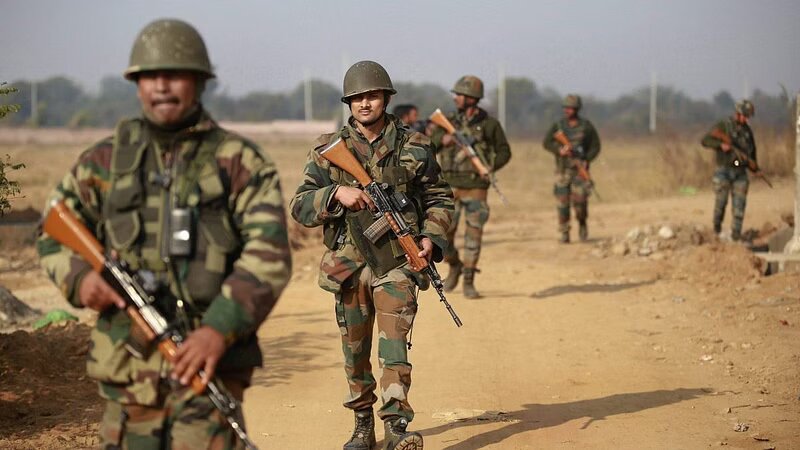
- Relations between India and Pakistan have been tense because of the situation in Kashmir and because of terrorism that comes from Pakistan and crosses into India.
- India has said that terrorism and talks can't go together, and that Islamabad should make it easy for talks to start up again.
The U.S. intelligence community has told lawmakers that it thinks tensions will rise between India and Pakistan and between India and China, which could lead to a war.
It also said that India is more likely than it used to be, under Prime Minister Narendra Modi, to use military force in response to “real or perceived” provocation from Pakistan.
The Office of the Director of National Intelligence gave this assessment to the US Congress during a Congressional hearing on Wednesday. It is part of the annual threat assessment of the US intelligence community.
Even though India and China have talked about and fixed their border issues, the report said that their relationship will remain tense after their deadly clash in 2020, which was the worst in decades.
Both India and China have increased their military presence along the disputed border. This makes it more likely that there will be a war between two nuclear powers, which could directly threaten US people and interests and ask the US to get involved. Previous standoffs have shown that low-level friction on the Line of Actual Control (LAC) that doesn’t go away has the potential to get worse quickly.
Since the military standoff in eastern Ladakh in May 2020, relations between China and India have been pretty much frozen.
India has been saying that it can’t have normal relations with China until there is peace along the border.
The report says that the problems between India and Pakistan are especially worrying because there is a chance that two nuclear-armed states could get into a cycle of getting worse and worse. After both sides renewed a ceasefire along the Line of Control in early 2021, New Delhi and Islamabad are likely to keep their relationship as calm as it is now.
“Pakistan, on the other hand, has a long history of supporting militant groups that are against India. Under Prime Minister Narendra Modi’s leadership, India is more likely than in the past to use military force in response to real or imagined Pakistani provocations. Each side’s view that tensions are high raises the chance of a fight. Violent unrest in Kashmir or a militant attack in India could be sparks “it said.
Relations between India and Pakistan have been tense because of the situation in Kashmir and because of terrorism that comes from Pakistan and crosses into India.
India has said that terrorism and talks can’t go together, and that Islamabad should make it easy for talks to start up again.
In the meantime, Pakistan and the US have met to talk about how to stop terrorism.
The two-day talks covered a wide range of topics, such as working together to stop terrorism in multilateral forums, figuring out how to stop terrorism in the region, cyber security, and stopping violent extremism.
During the conversation, the two sides talked about what they had done to stop terrorists from getting money. They said again that they would work together to deal with the threat of terrorism in all its forms.
Ned Price, a spokesman for the State Department, said that the US-Pakistan counter-terrorism dialogue gives the US a “opportunity to show that we are willing to work with Pakistan” to deal with terrorist threats and violent extremism. These threats are in the region, but they could also spread beyond the region.
“We both want to stop threats to the security of the region,” Mr. Price said.
“The goal of a stable, safe, and terrorism-free South and Central Asia depends a lot on how well we work together with Pakistan. The dialogue shows that we both want a strong security relationship and gives us a chance to talk honestly about what we can do together to stop terrorist groups that threaten regional and global stability “he said.
He was answering a question about whether the US would talk to Islamabad about how the Pakistani army and ISI help terrorist groups like the Kashmir-based Lashkar-e-Taiba and the Khalistani terrorist groups.
“The US wants to grow our partnership to help us deal with these problems. We worry about any group that threatens the stability of the region or the world. It’s something we talked about during this talk about stopping terrorism, “Mr Price said.

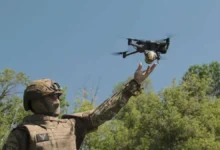


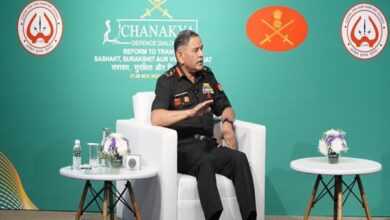
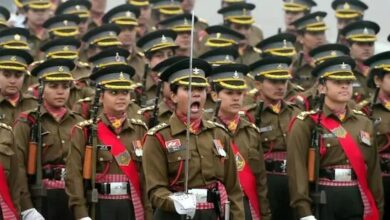
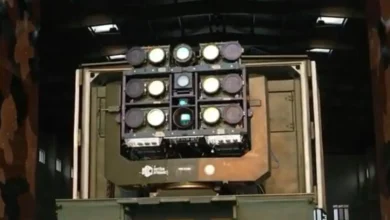
Facebook Comments